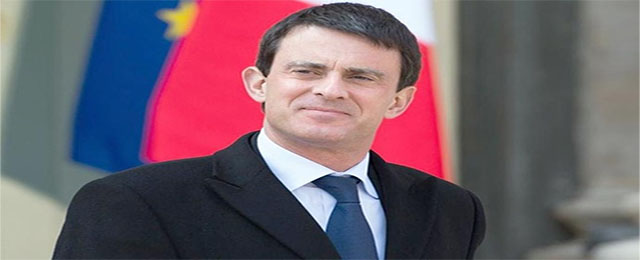Last Tuesday made history at the French National Assembly. Newly elected PM Manuel Valls and his cabinet approved to reduce budgetary expenses by €50 bn until year 2017 with the aim of controlling the country’s public deficit which is expected to climb to 3.8% at the end of 2014.
To announce dramatic cuts this size to a whole country is never an easy task. Moreover, each country has its style. When Italy revealed its severe adjustment plan of about €25,000m in December of 2011, everyone could see former Minister of Employment Elsa Fornero sincerely to shed bitter tears of sadness. The Spanish cabinet appeared sourest- faced ever seen at the time they announced €65 bn cuts in budgetary expenses in 2012’s summer, but they were not able to break down.
Two years later is France’s turn. Nobody cried at the National Assembly, but most of French sure they did at home while hearing Manuel Valls to justify €50 bn expenses reductions on the grounds that the country has been living on credit for 40 years, beyond their means.
Specifically, of those €50 bn comprising the adjustment plan, €18 will come from the state and €11 bn from local administrations. Furthermore, additional €10 bn are to be axed from national health system and also € 11 bn in social protection. At least, staff at education, security and justice ministers will not suffer lay-offs but foreseen increases instead.
The French government also tried to cushion the impact of cuts on the poorest people and also pensioners earning less than €1,200 a month – about 6.5 millions- by postponing their effects at least during one year-. They anticipated the Active Insertion Income (revenu de solidarité active in its French name) to increase by 10% either during the next five years.
Spaniards wished their government had scrutinised adjustments more carefully instead of cutting budget lines in bulk. The most optimistic and desirable perception for Spanish people is that the government could not escape from Brussels requirements. Then comes a second question. Why the second EU economy was not forced to meet the same severe cuts than those demanded to the fourth one?






Be the first to comment on "France does some ménage to reduce its deficit"